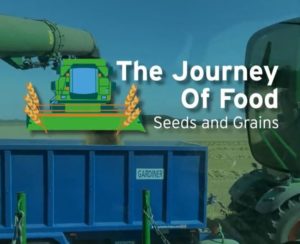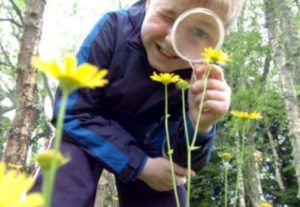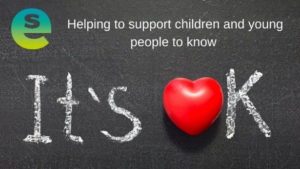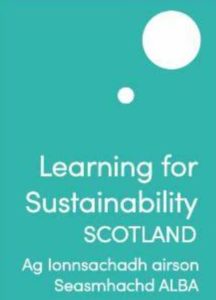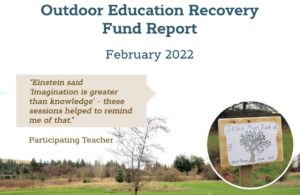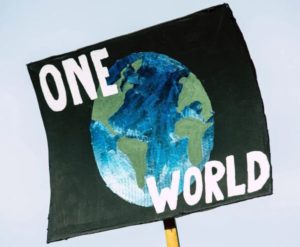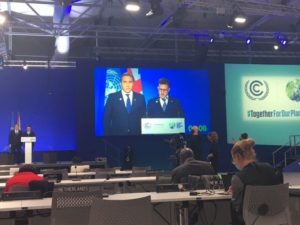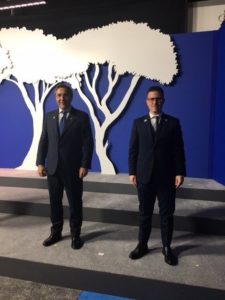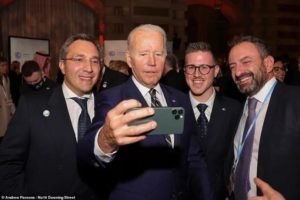The Scottish Learning Festival is free to attend and everyone with an interest in education is welcome to register. This year the programme has around 65 seminars including spotlight sessions offering a fantastic line up of speakers, debates and opportunities for professional learning and networking.
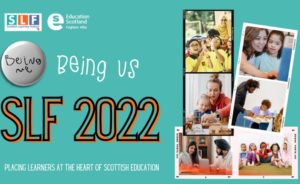 Our programme will once again be held in an amazing 3D virtual venue and you will be able to view the sessions anywhere from any device that has internet access.
Our programme will once again be held in an amazing 3D virtual venue and you will be able to view the sessions anywhere from any device that has internet access.
You will need to register to access the virtual venue, but you don’t need to pre-register for sessions, all you need to do is explore the programme, decide what you’d like to attend and just join any session of your choice on the day.
Below is a Learning for Sustainability pathway curated for you over the two days of SLF 2022:
Wednesday 21 September 12:30 – 13:15
Learning for Sustainability (LfS), the Professional Standards and you: supporting the learner entitlement to LfS
Explore the new GTC Scotland Learning for Sustainability Hub, and hear from practitioners about how to realise this most vital of themes in your practice and the wider life of your setting. Betsy King
Wednesday 21 September 14:00 – 14:45
Designing Our Outdoor World
Join Nils Aksnes and Keira Anderson (Make + Do Design Studio) and Madeleine Conn (Cultural Coordinator, Argyll and Bute Council) to explore how creative approaches to outdoor spaces impacted on learners’ mental health and wellbeing in the Designing Our Outdoor World primary project.
Taking the climate and biodiversity crises seriously: learners and practitioners taking action and making a difference
Hear directly from Allan’s Nursery, Dunblane Primary and St Modan’s Secondary Additional Support Needs provision on how they are working together to realise learners’ entitlement for Learning for Sustainability and help combat climate change.
Participants will be inspired and encouraged to take action in their setting.
Danny Smith, Jennifer Hutton, Iona McCroary & Vicky Cunningham plus learners and climate ambassadors
Wednesday 21 September 15:45 – 16:30
Outdoor Education, Equity, Evaluation & Impact for Learners – providing an outdoor experience that is available to all Scottish Young People
Explore a definition of wellbeing through Outdoor Education, around feeling good and functioning well and helping young people to flourish. With discussion of research and impact on learners. Martin Davidson
Thursday 22 September 10:00 – 10:45
Developing Successful Approaches to Outdoor Learning
This session will hear from two groups of settings and the collaboration that took place on their journey to develop outdoor learning. Settings have developed outdoor learning champions and shared their process of change including skills audits, confidence and spaces and practice leading to action plans, reflection and impact.
Rowena Nursery, Glasgow City Council and Flowerbank Early Childhood Centre, Craighead Country Nursery, East Ayrshire
